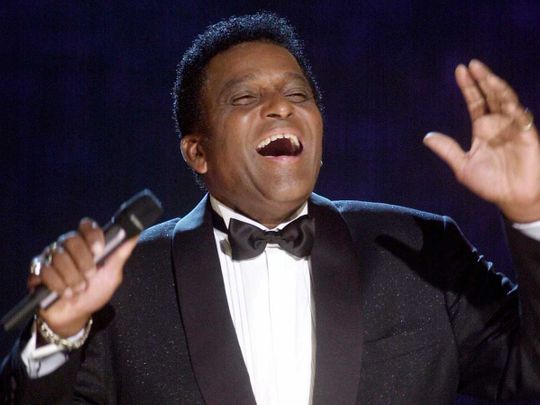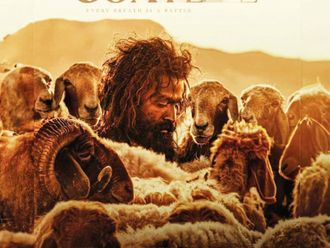
Charley Pride, a son of sharecroppers who rose to become country music's first Black superstar on the strength of hits including ‘Kiss an Angel Good Mornin' and ‘Is Anybody Goin' to San Antone,’ died Saturday in hospice care in Dallas. He was 86.
A publicist for Pride said the cause was complications of COVID-19.
Pride was not the first Black artist to record country music, but none of his predecessors had anywhere near the degree of success he enjoyed. In 1971, just four years after his first hit records, he won the Country Music Association's entertainer of the year award.
Pride was born on March 18, 1934, in Sledge, Mississippi. He served in the Army before moving to Montana to try to make it as a baseball player. He worked at a smelting plant and played semiprofessional baseball.
Pride - who grew up listening to Grand Ole Opry concerts on the radio - was discovered in a bar in Montana, singing Hank Williams' ‘Lovesick Blues’.
He began his recording career in 1963; two years later, he signed a contract with RCA Records, shuffling between Montana and Nashville. In 1967, his recording of "Just Between You and Me" became a Top 10 hit on Billboard's country music charts. Only then did he quit his smelting job.
Last month in Nashville, Pride received the Country Music Association's Lifetime Achievement Award. It was his last public performance. Organizers of the event said they were "following all protocols" for dealing with COVID-19, but some in attendance were not wearing masks.
In the 20 years after his 1967 breakout hit, 51 more of Pride's records reached the country Top 10 - 29 of them hitting No. 1 - opening doors for other Black country music stars. "No person of color had ever done what he has done," Darius Rucker said in a 2019 PBS documentary about Pride.
Pride wrote in his memoir, "Pride: The Charley Pride Story" (1994), "We're not colorblind yet, but we've advanced a few paces along the path and I like to think I've contributed something to that process."
He is survived by his wife, Ebby Rozene Cohran Pride, and his children, Carlton, Charles and Angela.








